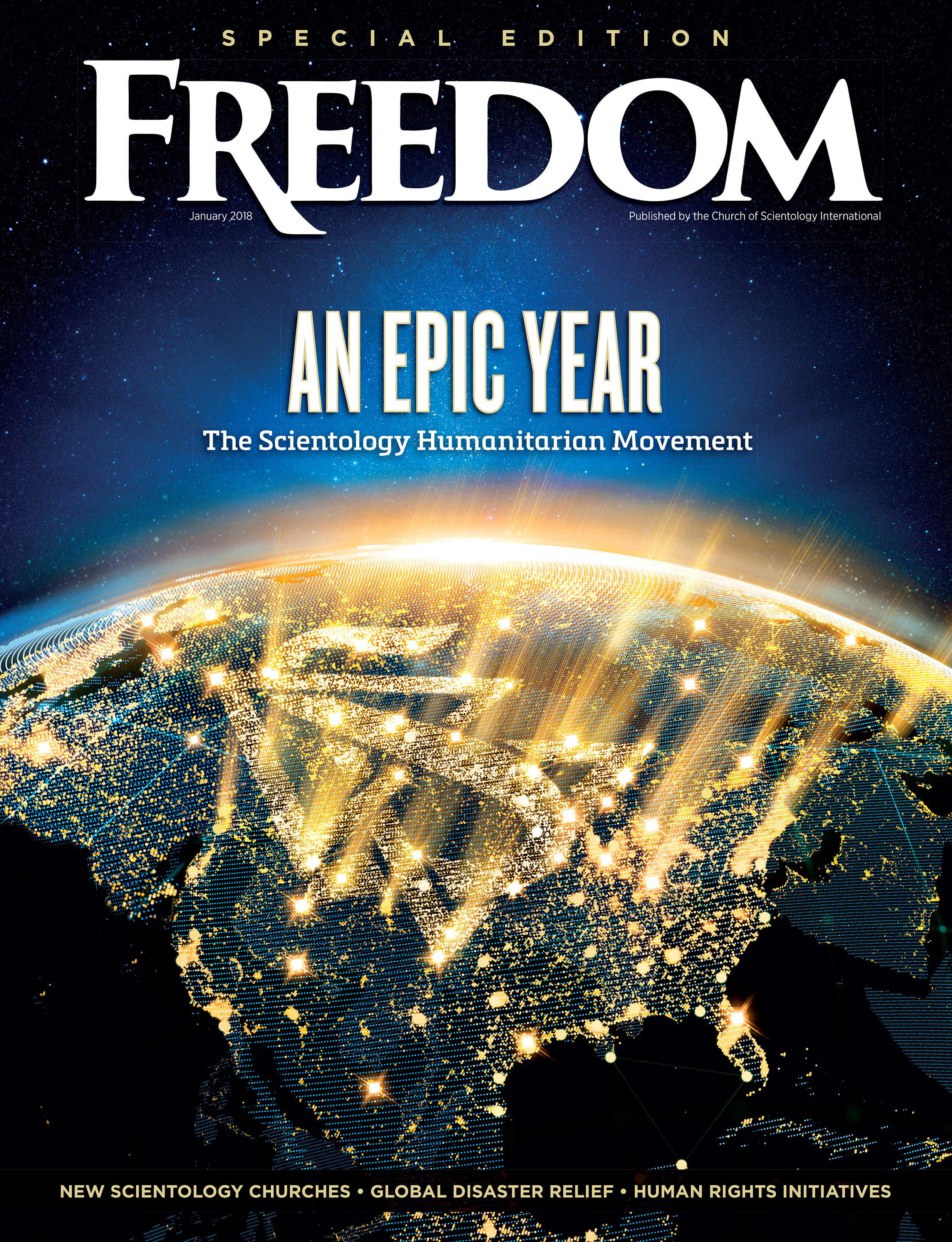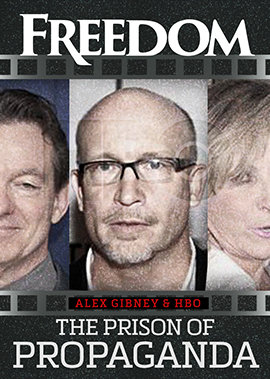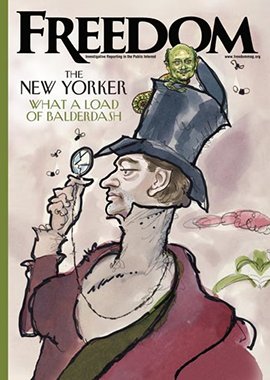You find it in big cities, rural areas and industries we interact with daily.
It’s human trafficking.
For decades, it stayed in the shadows, a dark industry preying on the basest and most bestial instincts, and involving the buying and selling of human beings—including children and girls—for sexual exploitation, forced labor, bonded labor, domestic servitude and child soldiery.
At 49.6 million souls enslaved, an estimated 6 out of every 1,000 human beings are the property of other human beings—more today than at any other time in history.
But in recent years, the world’s searchlights have been trained on the atrocity and, bit by bit, its perpetrators are being brought to justice.
A21 enlists public assistance in stamping out a crime so prevalent that law enforcement needs all hands on deck to help.
In 2023, the executives of the world’s largest online sex trafficking hub, Backpage.com, were brought to trial and, in August of this year, sentenced to prison. In 2024, anti-trafficking operations netted hundreds of arrests in places like Florida, California, Pennsylvania and Scotland, as well as thousands more in a worldwide effort coordinated by INTERPOL and the UN Office on Drugs and Crime—the largest-ever operation of its kind, spanning 116 countries and territories in less than a week.

The tide is turning, but not fast enough.
Enter A21, a global nonprofit dedicated to fighting human trafficking, which is energizing its long-running “Can You See Me?” campaign, which encourages those now newly aware of human trafficking to report it when they see it, thereby helping to rescue victims.
Featuring eye-catching ads on Times Square billboards, in transportation hubs and on digital platforms, the campaign exposes the reality of modern-day slavery and educates the general public on how to recognize the indicators of trafficking—urging the millions of commuters and holiday-season tourists to stay vigilant for signs.
Signs that the campaign urges you to be on the lookout for include:
- Control—a trafficked person will often be visibly under another’s control, will defer to that person’s answers, will display dependence, even affection, toward the abuser, and will be very limited in their movements, often living and working at the same location. As they are closely monitored by their abuser, they’ll often be suspicious, evasive, frightened and avoid eye contact.
- Substance abuse, physical abuse and malnutrition—a trafficked person may have been coerced into drug use by their enslaver or may have been beaten and starved into submission.
- Lack of personal belongings, no ID—being under another’s control, trafficking victims have no access to vital documents like passports or IDs and have few, if any, possessions.
Through billboards, PSAs and other resources, A21 enlists public assistance in stamping out a crime so prevalent that law enforcement needs all hands on deck to help.
The campaign kicked off on November 25 in partnership with the FBI, Homeland Security Investigations New York, the National Center for Missing & Exploited Children and industry leaders.

At the launch in New York City, sex trafficking survivor Chereese Smith, now staff of A21, came forward with her real name and shared her story and the trauma, abuse and manipulation she withstood before managing her escape. “As a survivor, my story isn’t simple or easy to tell,” Smith began to the hushed crowd at the Omni Berkshire Place Hotel in Midtown, Manhattan. “When I first shared my story, I went by a different name. At that time, I wasn’t ready to fully reveal my identity. I was still fresh out of being trafficked. I was dealing with trauma and uncertainty of what it meant to reclaim my life. But today, I stand before you using my real name, ready to embrace my journey and the strength that comes with it.”
Founded in Australia in 2008 by Christine Caine, A21 is presently supported by teams in Australia, Bulgaria, Greece, Norway, South Africa, Spain, Thailand, Ukraine, the United Kingdom and the US—nations where trafficking is highly active. Its four-pronged program consists of: (1) Prevention, through education, particularly of young people; (2) Protection through shelter and transition homes for trafficking victims; (3) Prosecution of traffickers while pushing for stronger penalties against the crime and; (4) Partnering with law enforcement and the community to provide for the immediate needs of those rescued.
A21 is persistent, insistent and creative. On December 7, 2011, to raise awareness of the human trafficking crisis, a team of five women took off in a rowboat on a “Row for Freedom,” following the slave trade route from the Canary Islands to Barbados, where they arrived 45 days and 3,000 miles later—breaking the speed record for an all-female team rowing the Atlantic in the process.
A21 also partnered with recording artist Matt Redman and Christian electronic music group LZ7 to release a single inspired by A21’s work, “27 Million.” The song ends on a hopeful note:
Little girl don’t cry
Let me dry your eyes in the darkest night (you’re not alone)
Hold on through the storm
You’re not on your own
Hold on, love will come
We’ve got to rise up
Open our eyes up
Be her voice, be her freedom
Come on, stand up
As survivor Chereese Smith said, “I endured years of trauma, abuse and manipulation, but today, I’m not here to focus on just the darkness. I want to share with you what it took to get out of it, and why it is so important that we all work together to stop this from happening to anyone else.”






















